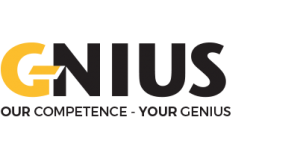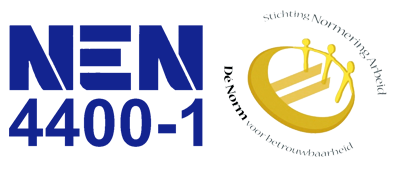#7 in the series ‘Interview Questions’
In this series, our colleague Michael Bandel addresses a question each time to help you provide the right answer during an introductory interview. This week, we focus on the questions Michael himself asks during an introductory interview for a sales role. It’s crucial to ask the right questions to gain a deep understanding of the organization and the role.
These questions provide a comprehensive view of the organization, the sales professionals, and the sales process. They also shed light on your position as a professional and what you need to work on. These are the same questions I often ask my clients, as the answers often reveal more than what’s outlined in a job profile.
1. What are the key characteristics of the best sales professionals here?
As a professional, you want to understand where you stand and what you need to develop. Do your qualities align with those of the organization and the team? I gained a good impression of the sales team, and it gave me an opportunity to showcase my own qualities and how I could add value to the sales team.
2. What unique challenges do the sales teams face in today’s landscape?
As you prepare for your new role in this company, it’s essential to know what challenges they encounter and how they address them. Does the organization provide a platform for discussing and resolving these challenges? What steps can you take to prepare yourself optimally for your new role? Do you recognize these challenges, and how have you dealt with them in the past?
3. How are sales processes structured?
Is there transparency in how the process flows and what steps are involved? Who handles what tasks, such as creating quotes and follow-ups? Is there collaboration, and does management get involved? These are practical considerations that require thought and preparation. How can you ensure that you add value quickly, and in what ways can the organization support you? How have you tackled these aspects in your past experience?
4. What are your goals for the next 3, 6, and 12 months in this role?
Understanding the expectations and how realistic they are provides insight into whether the role aligns with your aspirations. Additionally, gaining insight into the necessary steps to meet these goals and the organization’s current standing is crucial. I used this information to create a plan for achieving targets and to specify where I needed assistance to become fully operational as quickly as possible.
5. Who manages lead generation?
Is this your sole responsibility, or do you receive support from the sales team or the marketing department? Are there trade shows or events? Who handles lead follow-up? This gave me an understanding of how this process is organized and what I need to do to acquire and qualify leads. It also presented an opportunity for me to share concrete examples of how I have successfully handled this in the past.
What questions do you ask an organization?






